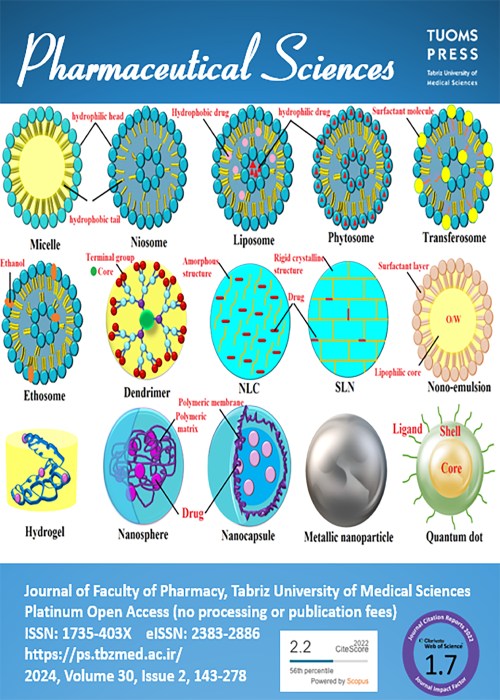Risk Factors for Acute Kidney Injury in Patients Receiving Intravenous Colistin
Colistin use is primarily associated with nephrotoxicity, which has been shown to be reversible with a low incidence of long-term kidney impairment. This study aimed to investigate the risk factors for acute kidney injury (AKI) in patients receiving intravenous colistin.
A retrospective cohort study was conducted at Nakornping Hospital in northern Thailand from 2015 to 2020. Adult patients who received intravenous colistin were included, while those with chronic kidney disease or prior renal replacement therapy were excluded. The study assessed potential AKI risk factors, including demographics, comorbidities, and concurrent use of medications. Cases of AKI are identified among the cohort, while the control group includes individuals not experiencing AKI during the follow-up but similar to the cases in terms of the exposure. Univariate and multivariable logistic regression analyses were performed to identify risk factors associated with AKI.
Among the 206 patients included in the study, a majority were admitted to the intensive care unit, required mechanical ventilation, and experienced septic shock. Univariate analysis revealed diabetes (odd ratio (OR)=2.82, 95% CI: 1.21–6.59, p=0.016), malignancy (OR=2.06, 95% CI:1.12–3.77, p=0.020), and baseline Scr (OR=0.71, 95% CI: 0.51–0.99, p=0.048) as significant risk factors for AKI. Multivariate analysis confirmed the association of diabetes (adjusted odd ratio(aOR)= 3.09, 95% CI: 1.20–7.96, p=0.019), malignancy (aOR= 2.31, 95% CI: 1.18–4.52, p=0.015), septic shock (aOR = 2.80, 95% CI: 1.02–7.69, p=0.045), and vasopressor use (aOR = 2.85, 95% CI: 1.12–7.23, p=0.028) with an increased risk of AKI. Conversely, baseline Scr (aOR = 0.54, 95% CI: 0.36–0.82, p=0.004) were associated with a decreased risk of AKI. Other factors, including concomitant use of aminoglycosides, vancomycin, rifampin, combination therapy, nephrotoxins, hypertension, and intensive care unit admission, did not show significant associations.
This study identified diabetes, malignancy, septic shock, and vasopressor use as significant risk factors for AKI in patients receiving colistin. Baseline Scr levels were found to be inversely associated with the risk of AKI. These findings contribute to a better understanding of colistin-related nephrotoxicity and can guide clinical management to mitigate the risk of AKI in this patient population.
- حق عضویت دریافتی صرف حمایت از نشریات عضو و نگهداری، تکمیل و توسعه مگیران میشود.
- پرداخت حق اشتراک و دانلود مقالات اجازه بازنشر آن در سایر رسانههای چاپی و دیجیتال را به کاربر نمیدهد.


